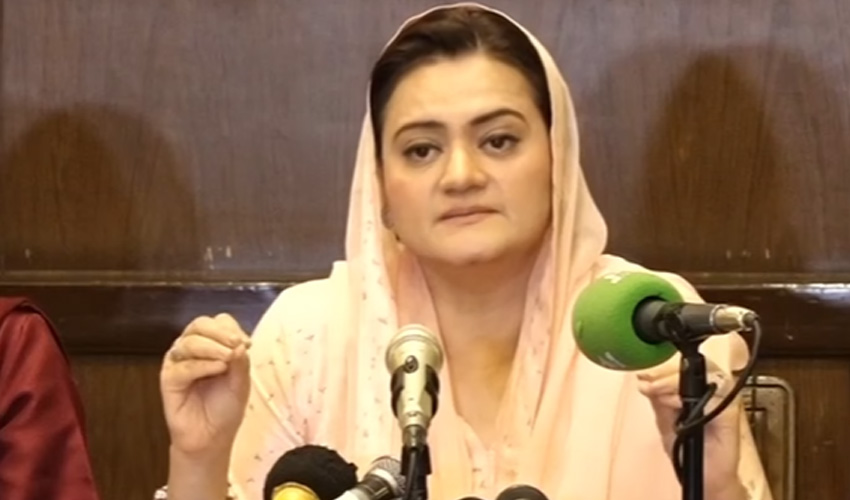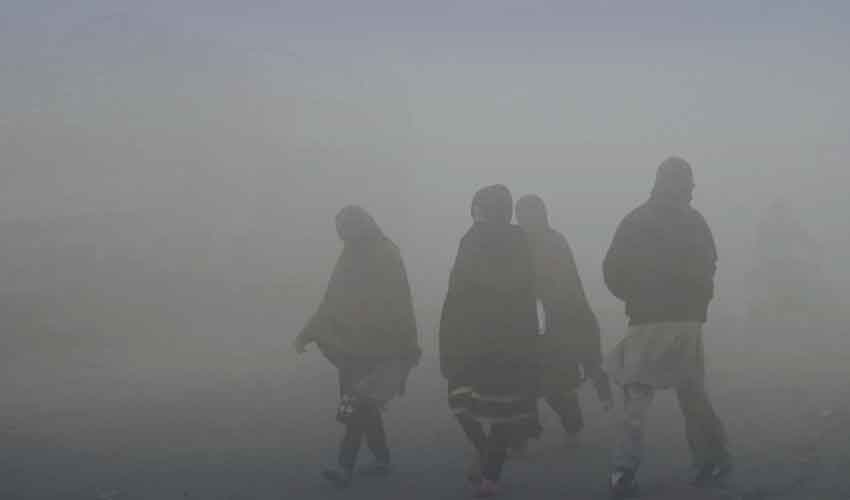The US House of Representatives finally elected a new speaker on Wednesday, ending weeks of bitter Republican infighting that paralyzed Congress at a time of international and domestic crisis.
Mike Johnson, a little-known ally of Donald Trump who spearheaded legal efforts to overturn the 2020 election, won the unanimous support of his party to lead the lower chamber of Congress, which has been at a standstill since Kevin McCarthy was ousted in a right-wing coup on October 3.
"I think all the American people at one time had great pride in this institution, but right now, that's in jeopardy. And we have a challenge before us right now to rebuild and restore that trust," Johnson said as he took up the gavel.
"It's the beauty of America that allows a firefighter's kid like me to come here and serve in the sacred chamber where great men and women have served before all of us."
Johnson will be the least experienced speaker in the post Civil War era, having never chaired a committee or held a senior leadership role.
He will almost immediately face the possibility of a government shutdown that could threaten his job, unless he can cut a 2024 budget deal with more seasoned rivals such as Senate Majority Leader Chuck Schumer and President Joe Biden.
Johnson will also be expected to lead his deeply fractured conference through upcoming fights over funding for Ukraine and Israel.
Soon after his speech he introduced a resolution supporting America's Middle East ally in its conflict with Hamas militants. It passed with support from all but nine Democrats and just one Republican dissenter.
"We all know that the world is in turmoil -- but a strong America is good for the entire world," Johnson told lawmakers. "We are the beacon of freedom."
Biden congratulated the new speaker and vowed to work with him, adding that the United States now needed "to move swiftly to address our national security needs and to avoid a shutdown."
- Election denier -
A virtual unknown, Johnson's lack of star power appears to have helped the 51-year-old attorney and religious rights campaigner, who lacked the enemies from his own side that prompted the downfall of other candidates.
Far from his party's first choice, he was able to capitalize on the desperation of lawmakers to move on from the impasse, although winning the gavel was still a heavy lift in the deeply-fractured House Republican Conference.
"I haven't heard one negative comment about him. Everybody likes him, he's respected by all... somebody that's going to be really spectacular and maybe for many years to come," Trump said ahead of the vote.
Formerly a junior member of the leadership as the conference vice chairman, Johnson entered the House of Representatives in 2017, having stirred controversy with legislation seen as anti-gay in Louisiana state politics.
The married father of four also voted against codifying federal protections for same-sex marriage last year.
He was the ringleader among more than 100 Republicans who signed onto a legal brief supporting a lawsuit seeking to overturn the 2020 election results in four swing states won by President Joe Biden.
ABC News asked Johnson late Tuesday about the filing, which the Supreme Court declined to adjudicate, but he merely replied "next question" as his colleagues began jeering at the reporter.
A former conservative talk radio host, Johnson was backed by House Majority Leader Steve Scalise and Judiciary Committee chairman Jim Jordan, who both fell short in their own speaker bids.
Failure by Johnson would have plunged Republicans deeper into internecine conflict, with moderates beginning to look to Democrats for support with a consensus candidate -- a "nuclear option" that would have been vehemently opposed by hard-line right-wingers.
Johnson pledged to "find common ground" with Democratic leader Hakeem Jeffries, who used his own address to the House to voice support for Israel and reaffirm that Biden had indeed won the last election.



























